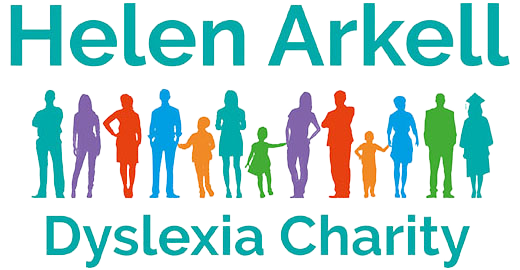Disabled Students’ Allowance (DSA)

As a higher education student living in England, you may be able to apply for a Disabled Students’ Allowance (DSA) if you have dyslexia (or other qualifying disabilities).
In order to prove your eligibility, a diagnostic assessment for a student of any age, produced by a psychologist or a specialist teacher assessor, with a current Assessment Practising Certificate at the time of assessment, will be accepted as evidence for DSA.
The DSA is available to both new and existing students. Book a Diagnostic Assessment.
The support you get depends on your individual needs and not on income.
You will need to send a copy of your report to Student Finance England with an application form. If your application is successful, you will be offered an Assessment of Study Needs which will be carried out by an Access Centre, in order to assess what is appropriate in your specific case.
To find out more about DSA please visit www.gov.uk/disabled-students-allowances-dsas.
Moving on to University
Many of you will experience your first year of university this year. You are probably feeling somewhere between extremely excited and incredibly nervous. Learning to manage your studies in a new environment can also be daunting. We are able to provide you with support.
Reasonable adjustments
Reasonable adjustments are the steps that can be taken to help the dyslexic student gain the most from his or her strengths and their ability to think differently, whilst helping to minimise areas of difficulty. Sometimes the simplest changes can make the greatest difference. Reasonable adjustments will vary according to the individual student’s needs, or course of study and the environment.
The reasonable adjustments should not compromise the essential requirements of the course of study, nor should they place undue financial burden on the institution (university or college). Because reasonable adjustments vary according to individual need it is not possible to provide an exhaustive list of examples. It is essential that advice be sought from a specialist to ensure that appropriate reasonable adjustments are recommended.
Implementing reasonable adjustments can sometimes take time depending on the nature of the student’s dyslexia, course and environment. They work best alongside the development of skills and strategies and the individual will need time to practise these, as well as adjust to new study methods. Therefore, it is reasonable to assume that improvements in performance will also take time. The following examples are provided to show you a few of the different types of reasonable adjustment that might be considered within the context of university:
Examinations
- Extra time
- Use of a computer
- Separate room
- Consideration for spelling and punctuation
Lectures
- Permission to record the lecture
- Handouts provided in advance




